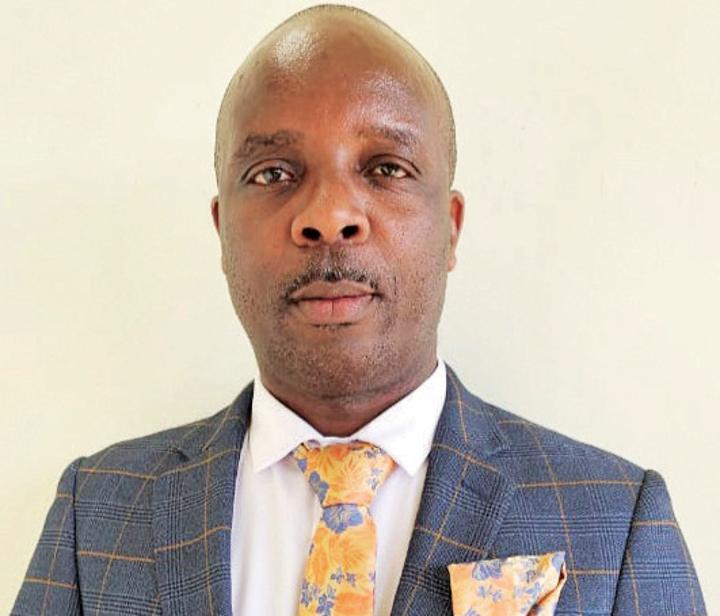Africa-Press – Malawi. President Lazarus Chakwera has pardoned 37 prisoners as part of Malawi’s 61st Independence Day celebrations, in a move the government says is aimed at decongesting prisons and showing goodwill.
According to a statement released by the Ministry of Homeland Security, the President exercised his constitutional powers under Section 89(2) of the Constitution and Section 111 of the Prisons Act to grant the pardons.
The group includes those who have served at least half of their sentences, the chronically ill and the elderly.
The statement, signed by Secretary for Homeland Security Steven Kayuni, insists that the pardon was selective.
Inmates with repeated criminal behaviour or those convicted of serious crimes such as murder, rape, armed robbery, defilement and offences against persons with albinism or disabilities were excluded.
“This is not a general amnesty. Only those who met the requirements for pardon, as outlined in our guidelines, were considered,” the statement says.
However, the move has sparked mixed reactions from rights organisations.
For instance, the Centre for Human Rights Education, Advice and Assistance (Chreaa) has expressed concern over the exclusionary nature of the pardon.
Chreaa Executive Director Victor Mhango says while the release of the 37 prisoners is “appreciated as an act of goodwill”, the absence of a general amnesty, unlike in previous years, “is worrying”.
“It is especially disheartening that inmates who have excelled and secured places at public universities were not considered for pardon. These individuals represent the very essence of rehabilitation and transformation that our criminal justice system should promote,” Mhango said.
He added that pardoning decisions should not be overly influenced by public opinion or restricted by offence category alone.
“The pardon process must be guided by principles of fairness and justice. Selective pardoning based on the type of offence risks undermining the spirit of reintegration.
“As a society, we must recognise that all individuals, regardless of the offence, deserve a second chance when they have demonstrated genuine reform,” Mhango said.
He then expressed optimism in the newly enacted Prisons Act, which replaces the outdated 1956 law.
The new legislation, he said, offers a transformative approach that prioritises rehabilitation over punishment.
“We call upon the authorities to ensure that future pardons are more inclusive, guided by clear and fair criteria and aligned with the progressive spirit of the new Prisons Act,” he said
For More News And Analysis About Malawi Follow Africa-Press






